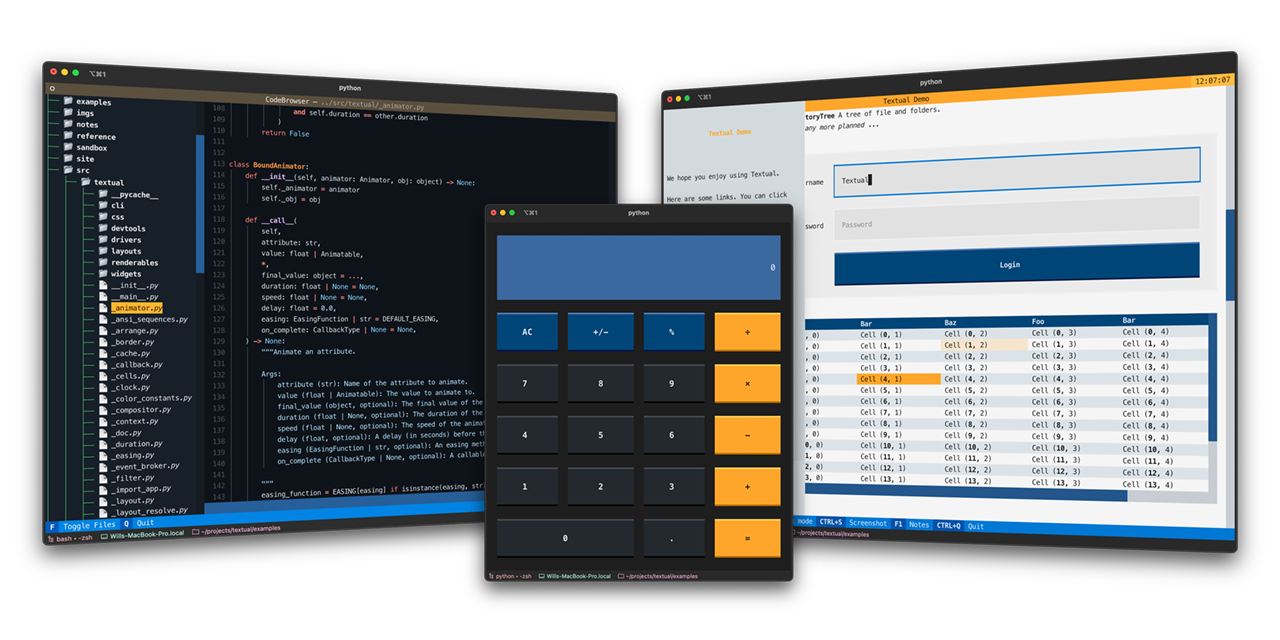If it didn’t bring something more to the table, besides speed, no one would care
I’m literally saying its speed in certain operations makes an appreciable difference in my workflows, especially when operating on tens of venvs at a time. I don’t know why you want to fight me on my own experience.
I’m not telling anyone who doesn’t want to use uv to do so. Someone asked about motivation, and I shared mine.









Thanks, yes, I use nox and github actions for automated environments and testing in my own projects, and tox instead of nox when it’s someone else’s project. But for ad hoc, local and interactive multiple environments, I don’t.